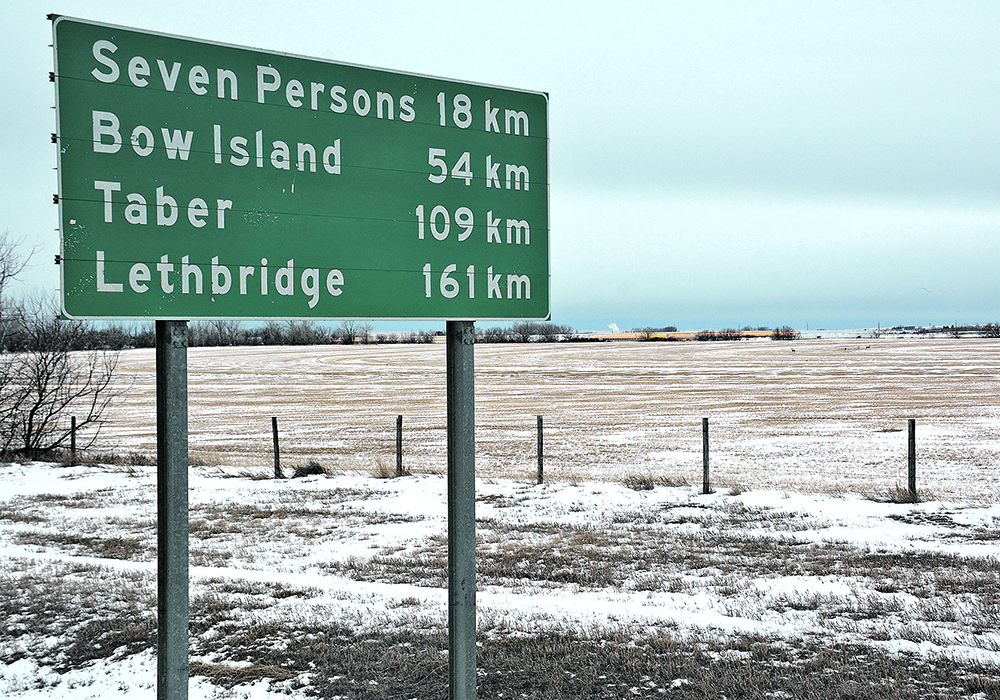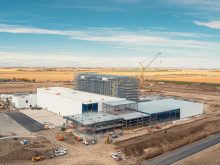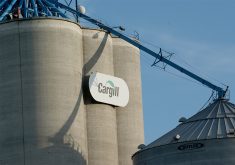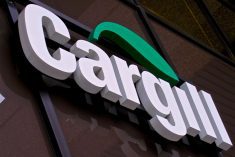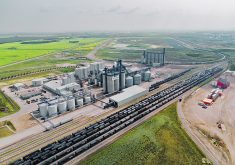Invest Alberta has a mandate to attract food processors to the region and support the expansion of existing businesses
MINNEAPOLIS, Minn. — A few years ago, when Jason Kenney was premier of Alberta, the provincial government conducted a study on investors.
The government wanted to understand global investors, how they perceived Alberta and how those perceptions affect the province.
The result was a wake-up call — global players don’t think about Alberta; it’s not on their radar.
Read Also

India slaps 30 per cent import duty on yellow peas
India has imposed a 30 per cent duty on yellow pea imports with a bill of lading date on or after Nov. 1, 2025.
“Most investors, when they thought of Canada, would look to Montreal, Toronto and Vancouver,” said Rick Christiaanse, chief executive of Invest Alberta.
“We perceive in Alberta that the rest of the world knows where we are. The reality is, they don’t.”
In 2020, the provincial government created Invest Alberta to change that dynamic. The agency, which has a mandate to promote the opportunities and advantages of Alberta, is having an impact.
So far it has attracted $22 billion in investment and has supported nearly 1,300 clients, its website says.
As an example, last year a Danish firm committed to build a wind farm near Lomond, Alta., which will generate nearly 500 megawatts of energy.
One of the priority sectors for the province and Invest Alberta is agri-food processing. That’s why Alberta is twinning the highway between Medicine Hat and Lethbridge and why the government is spending hundreds of millions on irrigation.
It hopes to create a food corridor in southern Alberta by attracting new food processors and supporting the expansion of existing businesses in the region.
One of the new players in southern Alberta is NewCold, a European firm. In April, the automated storage and cold chain logistics company announced plans to build a $222 million food storage facility in Coaldale.
The investment is likely connected to the rapid growth of french fry production in southern Alberta. In 2023, McCain Foods announced a $600 million expansion of its fry plant in Coaldale. Lamb Weston and Cavendish Farms also have potato plants in the region.
However, the NewCold investment is more complex than french fries, said Jonas Swarttouw, the company’s chair in North America.
NewCold is anticipating more demand for its services in southern Alberta.
“We often start working (on a plan) when food processors are developing generational projects or are investing heavily in a region. It triggers our attention,” Swarttouw said at the Transform Food & Agriculture Conference, an Oct. 8-9 event hosted by Reuters in Minneapolis.
Christiaanse also spoke at the conference. He explained to representatives of massive firms such as Mars, Cargill and General Mills why Alberta is an attractive location for agri-food processing.
Part of Alberta’s sales pitch is relatively low tax rates, compared to other states and provinces, along with the availability of labour. The province’s population is growing rapidly, thanks to an influx of migrants from other parts of Canada.
As well, the population is younger than other regions. The median age in Alberta is around 38, three to four years lower than the national figure.
“Our workforce is already highly educated… it’s younger and there’s growth,” Christiaanse said.
Invest Alberta believes there’s a global appetite for additional agri-food processing because many countries are worried about food security, Christiaanse said.
“When we’re in Asia or other places, it’s, ‘how can you help us solve this problem, of being able to feed our people?’ ”


